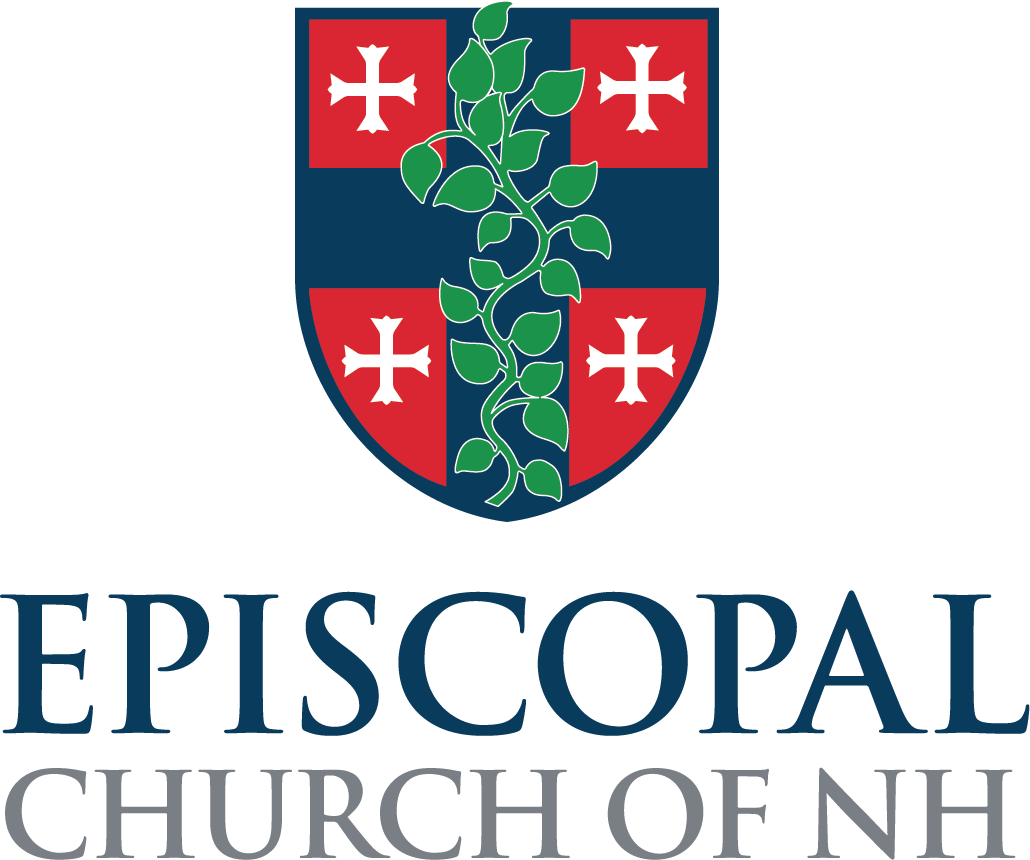From the Rev. Rachel Field, project manager and Deb Baker, project coordinator
An Episcopal Path to Creation Justice is halfway through its second year. Over the past two years this program has shifted from a small pilot to open enrollment for Province 1. In this time of significant political upheaval and social change, the Path offers a model for grounded community support and activism. Changes within The Episcopal Church and across the United States have created a landscape of uncertainty for many of our environmental ministries. Initiatives protecting wilderness and biodiversity, as well as programs to achieve zero carbon emissions are all threatened. As a friend of mine recently stated, "The work hasn't changed; it's just gotten harder." Through the generosity of the Dioceses of Massachusetts, Western Massachusetts, and Rhode Island, and additional support from Province 1, the Path continues to hold space in our parishes—laying the groundwork in prayer for nurturing lay leadership, building community, and effecting impactful action. In times of uncertainty, these models of connection feel even more essential.
This year, our Companions have been witnessing and supporting goals for ecological justice, deepening commitment within parishes, and helping connect parishes to existing resources and other communities. In Brattleboro Vermont, St Michael's continues to move toward its goal of zero emissions and is incorporating adult education programming around composting, green burials, and divestment from fossil fuels. In Massachusetts, Good Shepherd Acton is using the "Love God, Love God's World" curriculum and incorporating music from the Missa Gaia (Earth Mass) into their worship life. Earlier this year, all our Path parishes received materials from the organization Beyond Plastics, and some are incorporating these into a "plastic free" Lenten practice. In New Hampshire and Maine, we have three parishes working to discern their own unique Paths to creation justice, St. James in Keene is working to write a land acknowledgement that takes into consideration not only whose land the church is on but also the relationship the original inhabitants had with the land.
Enrollment for the Path is now open for the fall of 2025. If you or your community are looking to deepen your engagement around climate justice, have a committed group of at least three people, and are able to commit to monthly meetings between October 2025 and May 2026, then we invite you to reach out and explore how the Path may be able to support you. The program is open to all Episcopal communities in Province 1 (CT, MA, ME, VT, NH, RI). Or if you are eager to offer support to other communities and would like to join our cohort of Companions we also invite you to contact Rachel and Deb at episcopalcreationpath@gmail.com.
An Episcopal Path to Creation Justice is a four-level initiative now available in Province 1 to encourage and support our congregations to deepen and grow in a holistic response to the climate emergency. The Path develops and equips church communities to grow in knowledge and skills as they progress along the four-fold path toward Creation Justice, which includes: Prayer, Learning, Action, and Advocacy. It provides consultation, support, community, and recognition for participating churches through its trained Companions and share their work so that others will be inspired.
